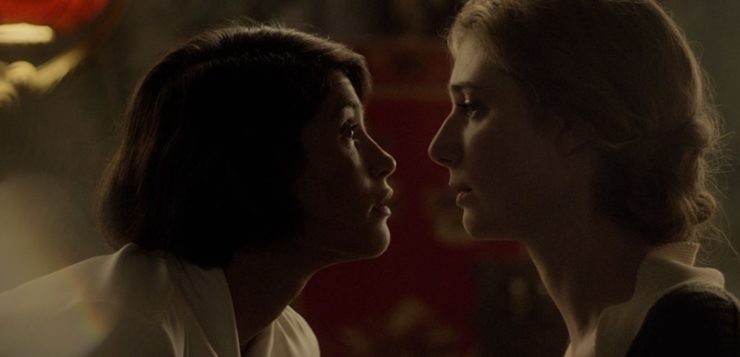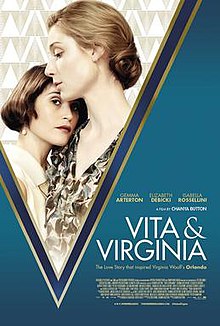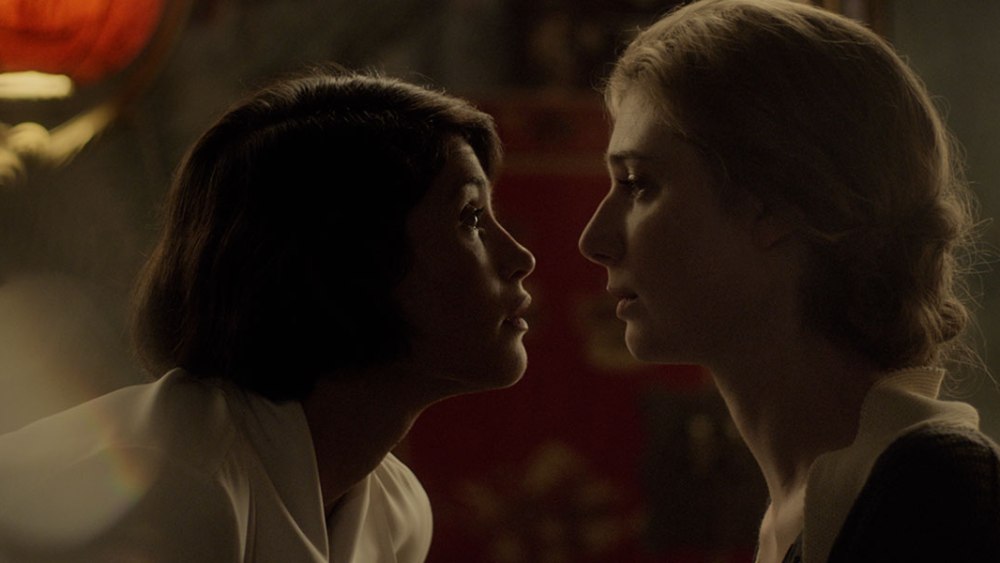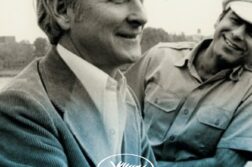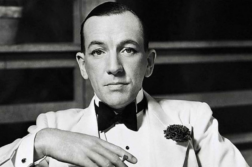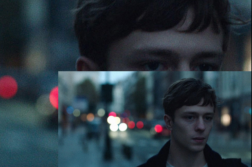THIS YEAR I’ve reviewed half a dozen of the ten or so films that I saw in June at the Provincetown International Film Festival—not officially an LGBT film festival, but hey, it’s P’town, so a fair number G&LR-worthy films were on hand. Here is the second of six:
Vita Sackville-West is known today primarily as the inspiration for Virginia Woolf’s Orlando: A Biography, though she was a popular novelist in her own right—and what a force of nature she must have been to have so inspired one of the century’s greatest novelists. The challenge for director Chanya Button is to create a Vita who’s sufficiently dazzling and multifaceted to explain Woolf’s obsession with this woman, and in this she largely succeeds. It is Vita who seduces a reluctant Virginia in the film (based on a play by Eileen Atkins), first as friend and confidant and then as her lover. But Vita’s habit of seduction, her omnivorous approach to love and life, ensures that she will prove an inconstant paramour. Virginia’s heart is broken, and she decides in a flash to write Orlando about a character who embodies what she sees as Vita’s omnisexual, gender-free, even trans-historical personality. The fictional Orlando is born a man in the 16th century but spontaneously transforms into a woman and lives for centuries in England and abroad, a Zelig figure who pops up in the courts of Elizabeth I and Charles II and befriends the great English poets, notably Alexander Pope.
That Virginia could project Vita onto all of these roles, among others, attests to a remarkably versatile personality indeed. In contrast, in the film Virginia herself comes off as surprisingly conventional and dependent, leaning on her husband Leonard Woolf and those around her to keep her sane (barely). We get only a few glimmers of her genius as a writer; what stands out are the gorgeous period outfits worn by both women and their husbands, not to mention the glittering table settings, sitting rooms, and gardens in this highly style-conscious film. That said, director Button is to be commended for depicting this aspect of Woolf’s life in a forthright way, a passionate affair that was documented in letters written between the two women, the very writing of which was a bold act of feminist independence.


